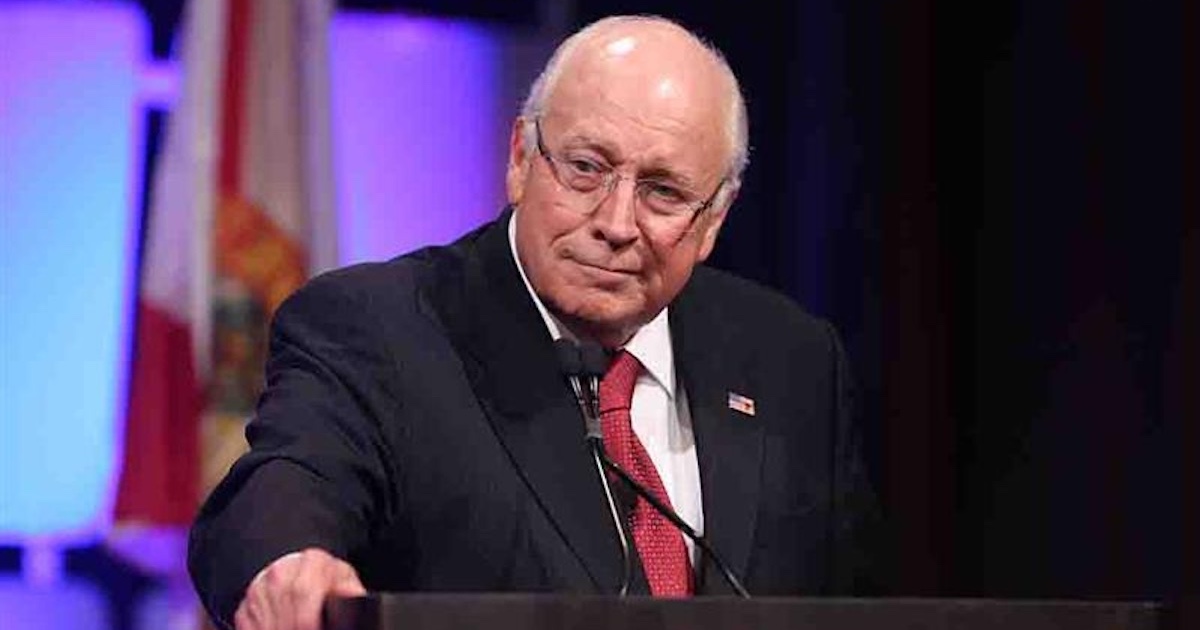The Office of the National Coordinator of Health IT has opened a new application challenge – this one designed to arm patients with technology that helps them manage behavioral healthcare and extend treatment to more patients.
But the Behavioral Health Patient Empowerment Challenge, conducted with the Substance Abuse and Mental Health Services Administration (SAMSHA) and the National Institutes of Health (NIH, is not so much a developer contest as a call for existing mobile apps — in a rather tight timeframe.
“The intent of the challenge is to showcase innovative applications that use evidence-based strategies to empower consumer self-management of behavioral health disorders,” said Adam Wong, a program analyst at ONC, on the HealthIT Buzz blog.
But participants only have one week to enlist. That’s because on September 16, SAMSHA is holding its Technology Innovations for Substance Abuse and Mental Health Disorders Conference at the White House.
“To be clear, we are interested only in applications that are currently available, and this can include websites optimized for mobile devices,” Wong said in his blog. “Participation in the challenge requires submission of, or directions to access, an application that must be available for use by consumers on a widely-used platform for mobile devices by the submission end date of September 3.”
The top three finishers will be invited to the White House event, Wong said, where the winner will either present their application in-person or via a video demonstration.
ONC officials explained that with 20 percent of adults and 13 percent of adolescents suffering from mental disorders and 9 percent of Americans 12 and older dealing with substance abuse or dependence, health IT holds “significant potential” to empower patients to play a greater role in their care.
“Despite the high personal and societal burden of these disorders,” Wong wrote, “fewer than half of adults and only one third of children with mental disorders and only 11 percent of individuals with substance use disorders receive treatment.”


